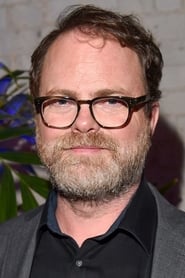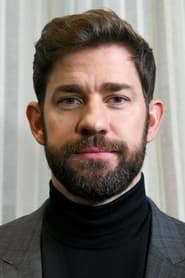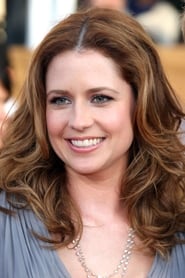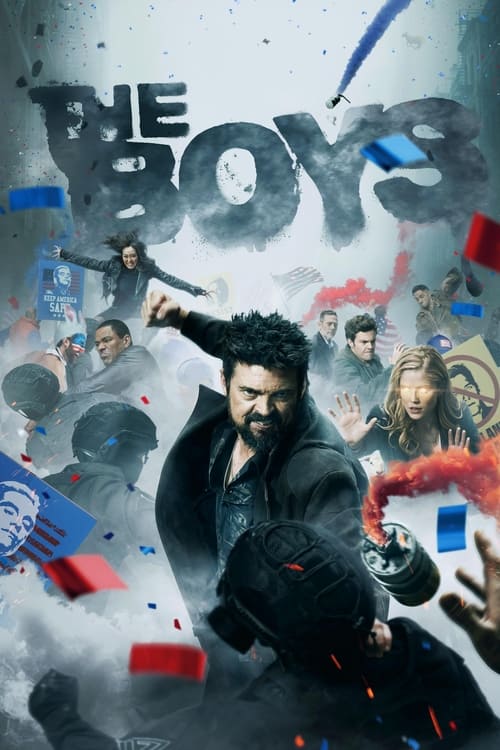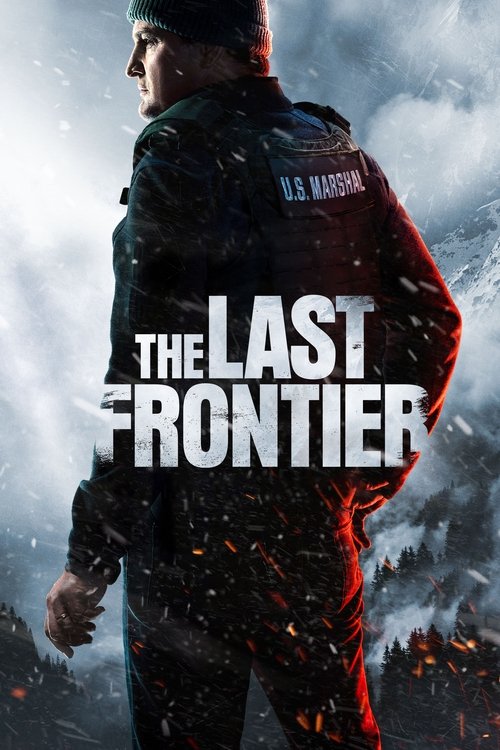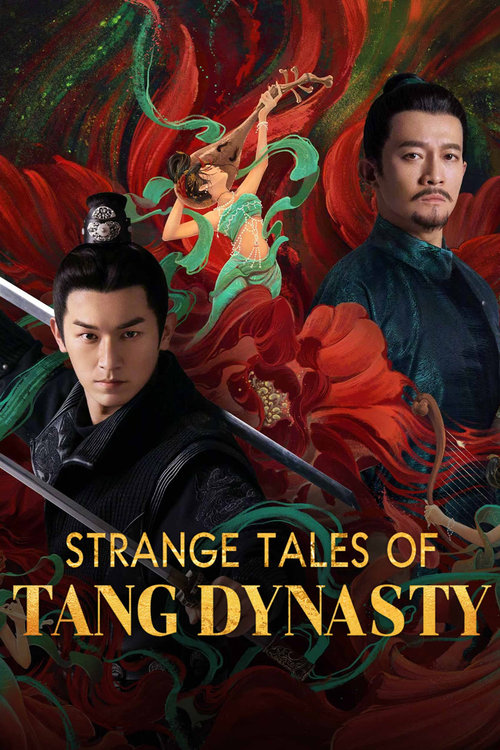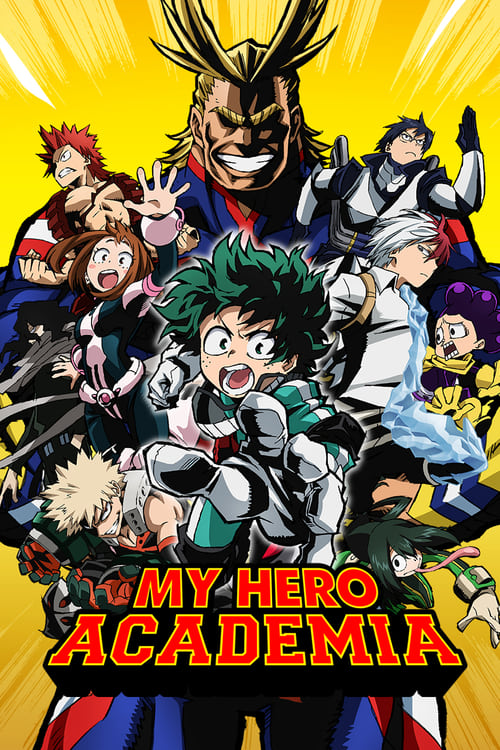
Ask Your Own Question
What is the plot?
The episode "The Office Retrospective" begins with a montage of memorable moments from the series, showcasing the evolution of the characters and their relationships over the years. The retrospective is framed as a documentary-style interview, where various cast members reflect on their experiences while filming the show.
The first segment features Steve Carell, who played Michael Scott, discussing his departure from the series in season 7. He expresses a mix of nostalgia and sadness, recalling the emotional farewell scene where the employees of Dunder Mifflin gathered to say goodbye. Carell shares how much he cherished his time on the show and the bonds he formed with the cast and crew.
Next, the focus shifts to Rainn Wilson, who played Dwight Schrute. He talks about his character's unique quirks and his intense rivalry with Jim Halpert, played by John Krasinski. Wilson reminisces about the iconic pranks Jim pulled on Dwight, highlighting the comedic tension that defined their relationship. He also reflects on Dwight's growth throughout the series, particularly in his role as Assistant Regional Manager.
The retrospective then transitions to Jenna Fischer, who portrayed Pam Beesly. Fischer discusses her character's journey from receptionist to a successful artist and her romantic relationship with Jim. She shares her favorite moments, including the proposal scene at the gas station, which she describes as a pivotal moment for Pam's character development. Fischer's emotional connection to Pam is evident as she recalls the challenges and triumphs Pam faced.
As the interviews continue, the cast members share behind-the-scenes stories and anecdotes. Mindy Kaling, who played Kelly Kapoor, talks about the camaraderie among the cast and how they often improvised lines during filming. She highlights the fun atmosphere on set and the friendships that blossomed, particularly with B.J. Novak, who played Ryan Howard.
The retrospective also features a segment on the show's impact on pop culture. Various cast members discuss how "The Office" became a cultural phenomenon, with memorable quotes and scenes that resonated with audiences. They reflect on the show's legacy and its influence on future sitcoms.
In a heartfelt moment, the cast members express their gratitude to the fans for their support throughout the series. They acknowledge the show's ability to tackle real-life issues while maintaining a comedic tone. The emotional weight of their shared experiences is palpable as they discuss the end of the series and what it meant to them personally.
The episode concludes with a final montage of clips from the series, highlighting the laughter, love, and friendships that defined "The Office." The cast members share their hopes for the future and the lasting impact of the show on their lives. The retrospective ends on a nostalgic note, leaving viewers with a sense of closure and appreciation for the beloved series.
What is the ending?
In the ending of "The Office Retrospective," the cast and crew reflect on their time working on the show, sharing memories and insights about their characters and experiences. The retrospective features interviews with the main cast, who discuss their favorite moments, the impact of the show, and how their characters evolved over the series. The episode concludes with a sense of nostalgia and appreciation for the journey they shared, highlighting the lasting friendships formed during the production.
As the episode begins, the screen fades in from black, revealing a montage of clips from the series, accompanied by a nostalgic soundtrack. The familiar faces of the cast members appear, each sharing their thoughts on the show's legacy.
The first scene features Steve Carell, who played Michael Scott, reflecting on his departure from the show. He expresses a mix of pride and sadness, acknowledging how much he loved being part of the ensemble. His emotional connection to the character is palpable as he recalls the laughter and the challenges of portraying a boss who often missed the mark but had a good heart.
Next, we transition to Rainn Wilson, who played Dwight Schrute. He shares his perspective on Dwight's eccentricities and how the character's quirks resonated with fans. Wilson's enthusiasm is infectious as he recounts memorable moments, such as the beet farm and his rivalry with Jim Halpert. His pride in the character shines through, and he emphasizes the importance of friendship and loyalty that Dwight embodies.
The retrospective then shifts to Jenna Fischer, who played Pam Beesly. Fischer discusses her character's growth from receptionist to a confident woman pursuing her dreams. She reflects on her relationship with Jim, played by John Krasinski, and how their love story became a central theme of the series. Her eyes glisten with emotion as she recalls the wedding episode and the birth of their children, underscoring the personal milestones that mirrored her own life.
John Krasinski follows, sharing his thoughts on Jim's character arc and the evolution of his relationship with Pam. He highlights the humor and heart that defined their story, expressing gratitude for the opportunity to portray such a relatable character. His fond memories of pranking Dwight and the camaraderie among the cast members add a lighthearted touch to the retrospective.
As the episode progresses, we see clips of other beloved characters, including Mindy Kaling as Kelly Kapoor, who brings her signature humor to the discussion. She shares her favorite moments and the joy of being part of a diverse cast that tackled various themes, from romance to workplace dynamics.
The retrospective also features insights from B.J. Novak, who played Ryan Howard, and Ed Helms, who portrayed Andy Bernard. Each actor reflects on their character's journey, the friendships formed on set, and the impact of the show on their careers. The camaraderie among the cast is evident, as they share laughter and anecdotes, creating a warm atmosphere that resonates with viewers.
In the final scenes, the retrospective culminates in a heartfelt montage of the series' most memorable moments, showcasing the laughter, tears, and growth experienced by the characters. The screen fades to black, leaving viewers with a sense of closure and nostalgia for the beloved series.
As the credits roll, the cast members express their gratitude to the fans, acknowledging the show's lasting impact on popular culture. The episode concludes with a final message of appreciation for the journey they shared, emphasizing the friendships and memories that will endure long after the cameras stopped rolling.
Is there a post-credit scene?
In "The Office Retrospective," there is no post-credit scene. The episode serves as a reflective look back at the series, featuring interviews with the cast and crew, as well as behind-the-scenes footage. It captures the emotional journey of the characters and the impact the show had on its audience. The retrospective focuses on memorable moments, character development, and the relationships formed throughout the series, but it concludes without any additional scenes or content after the credits.
What insights do the characters share about their experiences working at Dunder Mifflin?
In 'The Office Retrospective', characters reflect on their time at Dunder Mifflin, sharing personal anecdotes and emotional moments that shaped their experiences. For instance, Jim recalls his initial feelings of uncertainty when he first started, while Pam discusses her growth and the importance of her relationship with Jim.
How do the characters feel about Michael Scott's leadership style?
The retrospective features various characters discussing Michael Scott's unique and often misguided leadership style. Some express fondness for his quirky approach, while others reveal frustration over his lack of professionalism, highlighting the complex feelings they have towards him.
What do the characters reveal about their relationships with each other during the retrospective?
Throughout the retrospective, characters delve into their relationships, with many expressing how their bonds evolved over the series. For example, Dwight shares his admiration for Jim, despite their rivalry, and Angela reflects on her complicated relationship with Dwight, showcasing the depth of their connections.
What memorable moments do the characters highlight from their time on the show?
In the retrospective, characters recount memorable moments that defined their time at Dunder Mifflin. For instance, they reminisce about the Dundie Awards, the fire drill incident, and the various pranks Jim played on Dwight, emphasizing the humor and camaraderie that characterized their workplace.
How do the characters discuss their personal growth throughout the series?
The retrospective allows characters to reflect on their personal growth, with many acknowledging how their experiences at Dunder Mifflin shaped them. Pam discusses her journey from receptionist to a successful artist, while Andy talks about his evolution from a wannabe to a more confident individual, illustrating their development over the series.
Is this family friendly?
"The Office Retrospective" is generally family-friendly, but there are a few aspects that might be considered objectionable or upsetting for children or sensitive viewers:
-
Mature Themes: The retrospective discusses relationships and personal dynamics among characters, which may include references to romantic entanglements and breakups.
-
Language: There may be occasional mild profanity or suggestive language, typical of the show's humor.
-
Emotional Moments: Some scenes may evoke strong emotions, such as nostalgia or sadness, particularly when discussing character departures or significant moments in the series.
-
Workplace Humor: The humor often revolves around awkward situations and social faux pas, which might be uncomfortable for some viewers.
-
Character Conflicts: There are discussions of conflicts and tensions between characters that could be upsetting for younger viewers who may not understand the complexities of adult relationships.
Overall, while the retrospective is reflective and celebratory, it does touch on themes that may require parental guidance for younger audiences.


